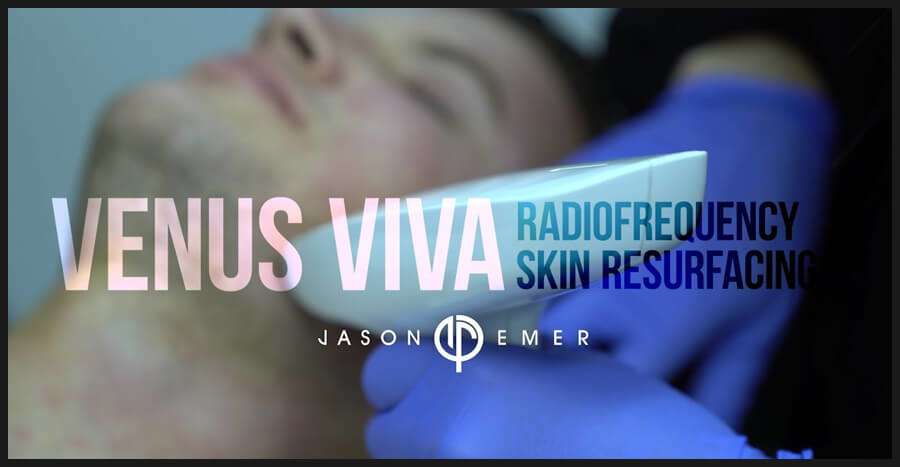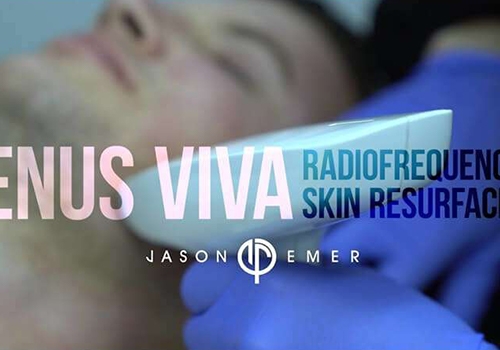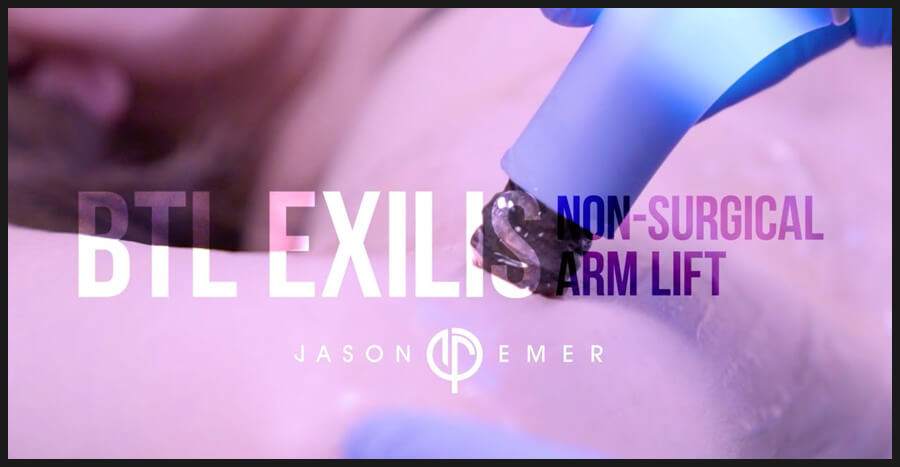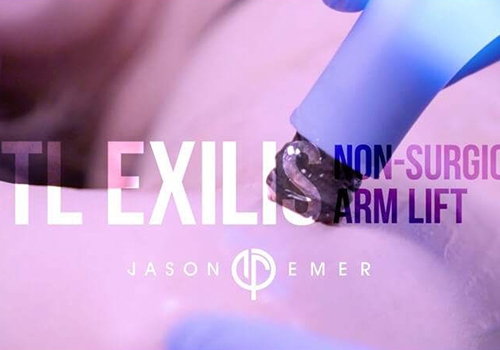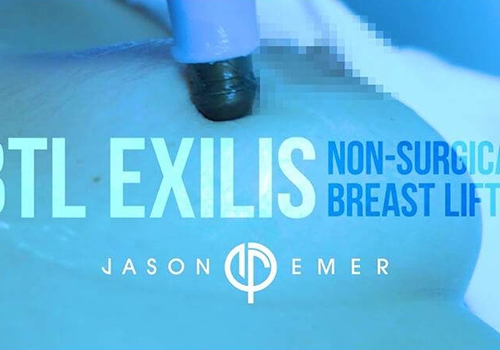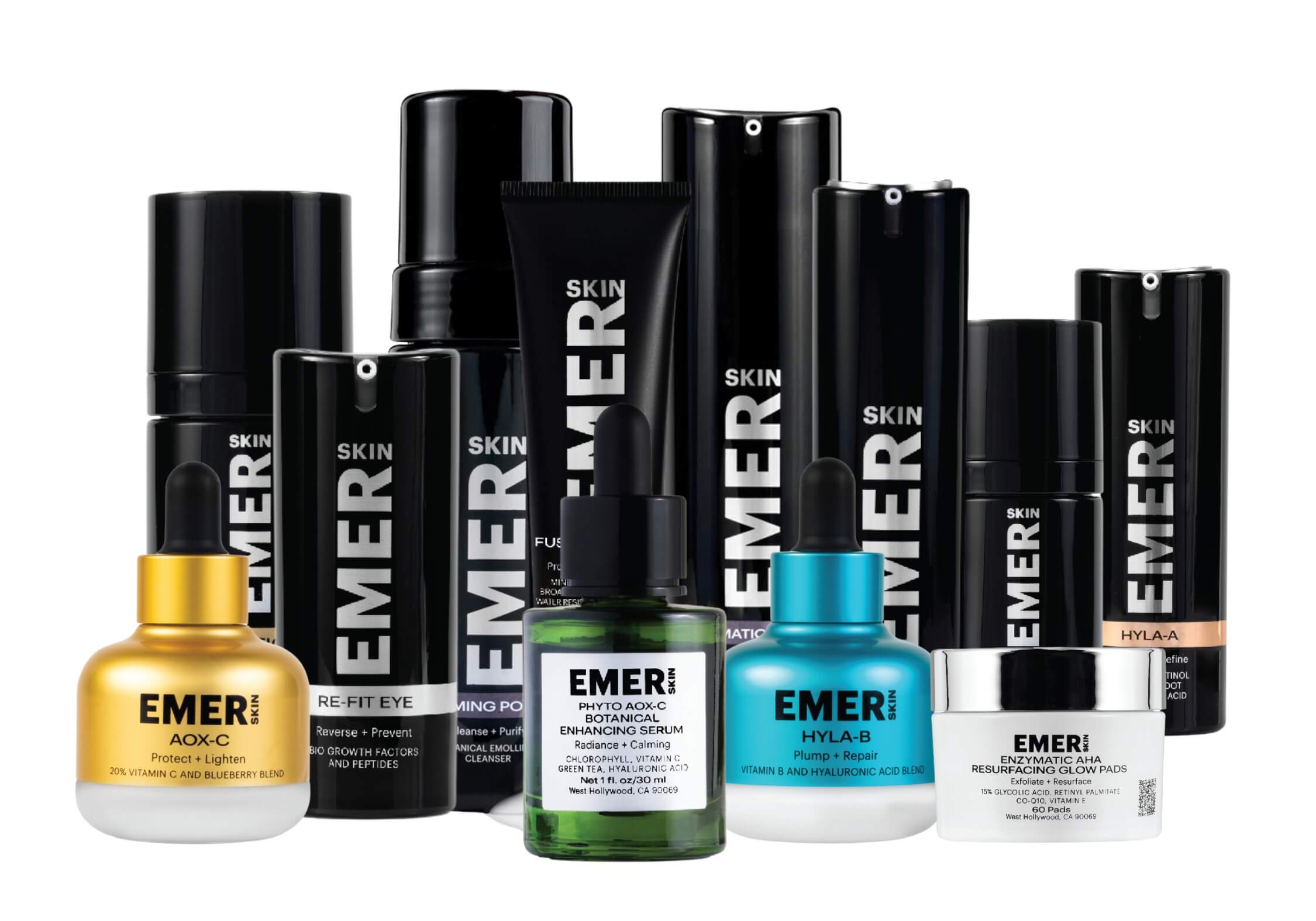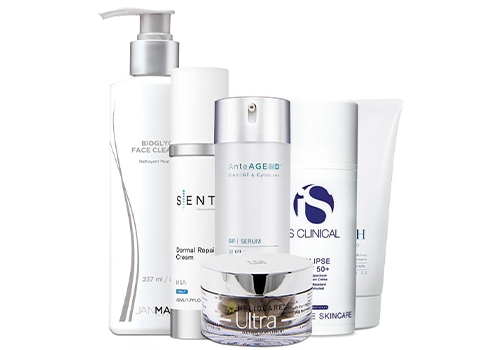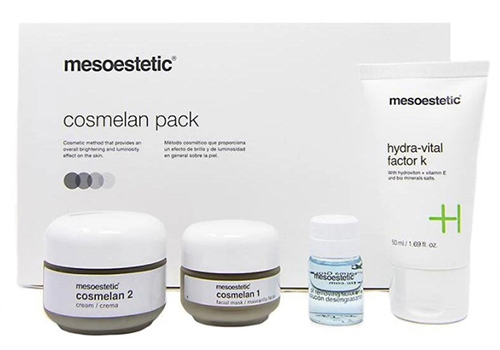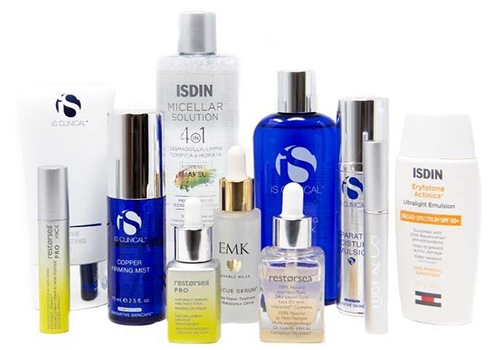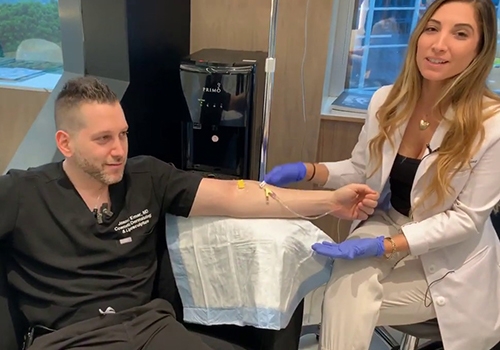Epithalon
Conveniently located to serve Beverly Hills, Hollywood, Los Angeles, NYC, and Miami.
What is Epithalon?
Epithalon is a synthetic tetrapeptide isolate composed of the four amino acids alanine, glutamic acid, aspartic acid, and glycine. It is derived from epithalamin, a crude polypeptide extracted from the pineal gland .
The synthetic peptide was developed in the 1980s by a research team led by Professor Vladimir Khavinson of the St. Petersburg Institute of Bioregulation and Gerontology and has since been the subject of extensive research in cell cultures, animals, and humans.
Epithalon is generally available to licensed handlers, who may see it sold under names like “epitalon,” “epithalone,” and “AEDG peptide.” When sold for educational or scientific research, the peptide should be labeled as a “research chemical,” “reference material” or similar, and not intended for human use.

What Does Epithalon Do?
Epithalon upregulates telomerase activity and elongates telomeres, which has prompted research in areas including life extension, anti-aging, and the inhibition of tumorigenesis .
Known to regulate gene expression and protein synthesis, epithalon has been found to suppress both the CCl11 and HMGB1 genes, thereby increasing the lifespan of test subjects.
It also has significant antioxidant effects and has been shown to inhibit carcinogenic receptor expression, which has led to research into its potential anti-tumor effects in breast and colorectal cancer.
Epithalon has been investigated as a potential treatment for rheumatoid arthritis and ulcerative colitis due to its ability to regulate biomolecules involved in the inflammation process, such as cytokines and C-reactive protein.
The peptide has also been investigated as a regulator of the sleep cycle, as it increases levels of melatonin and endogenous gonadotropic hormones (FSG, LG, prolactin), which play a role in reproductive function but naturally decline with age.
Epithalon Benefits | Clinical Trials
Epithalon is classified as a research chemical outside of Russia, where it is used to treat menopause-related symptoms, anovulatory infertility, and hormone-dependent tumors.
As noted by the Alzheimer’s Drug Discovery Foundation (ADDF), the bulk of research involving epithalamin and epithalon has been conducted in Russia (or formerly, the Soviet Union) and has not been subject to independent confirmation .
The ADDF further notes that its review of epithalon has excluded roughly half of the approximately 110 epithalon/epithalamin articles published in the Russian language, though efforts have been made to refer to English translations where possible.
Below, we present a summary of key epithalon benefits based on the research available.
Epithalon and longevity
It is known that epithalon regulates gene expression and protein synthesis, with the general effect of reducing mortality and delaying the progression of age-associated diseases in the elderly.
In an in vitro study conducted by Professor Khavinson and colleagues in 2003, the team demonstrated that epithalon elongates telomeres and induces telomerase activity when introduced to telomerase-negative human fetal fibroblast cultures. The researchers concluded that epithalon may prolong the lifespan of cell populations through anti-senescence activity.
In a human study published that same year, Khavinson and colleagues observed that elderly human subjects who received epithalamin treatment for two to three years experienced a 1.6-1.8 fold decreased mortality rate compared with a control group. Additionally, the researchers found that the epithalamin-treated patients exhibited reduced rates of:
- Coronary artery disease
- Hypertension
- Osteoarthritis
- Osteoporosis
The researchers concluded that epithalon may be used for “health maintenance and age-related pathology prevention” in the elderly.



